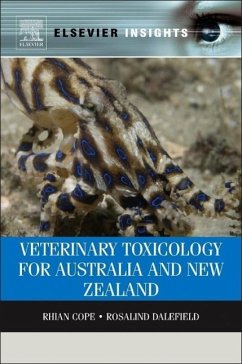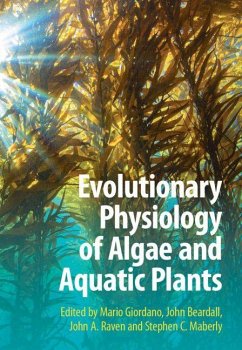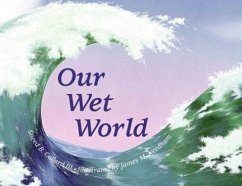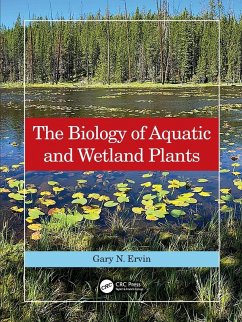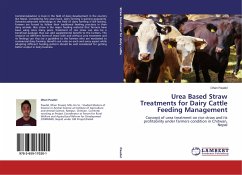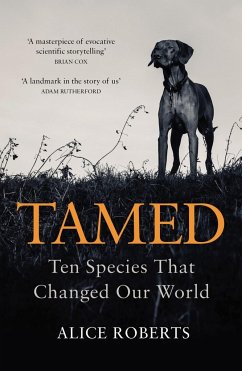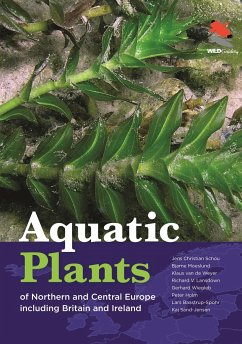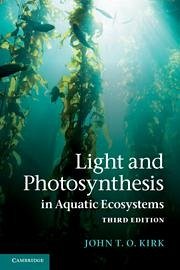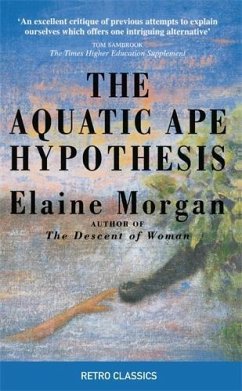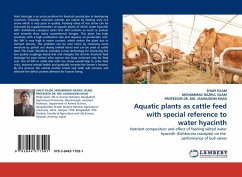
Aquatic plants as cattle feed with special reference to water hyacinth
Nutrient composition and effect of feeding wilted water hyacinth (Eichhornia crassipes) on the performance of bull calves
Versandkostenfrei!
Versandfertig in 6-10 Tagen
32,99 €
inkl. MwSt.

PAYBACK Punkte
16 °P sammeln!
Feed shortage is an acute problem for livestock production in developing countries. Presently ruminant animals are reared by feeding only rice straw which is very poor in quality. Feeding value of rice straw can be improved by supplementation of aquatic plants of which water hyacinth (WH- Eichhornia crassipes) ranks first. WH contains as much as protein and minerals than many conventional forages. This plant has high resistivity with a high production rate and requires no production cost. But WH is very high in water content, which makes the plant low in nutrient density. This problem can be o...
Feed shortage is an acute problem for livestock production in developing countries. Presently ruminant animals are reared by feeding only rice straw which is very poor in quality. Feeding value of rice straw can be improved by supplementation of aquatic plants of which water hyacinth (WH- Eichhornia crassipes) ranks first. WH contains as much as protein and minerals than many conventional forages. This plant has high resistivity with a high production rate and requires no production cost. But WH is very high in water content, which makes the plant low in nutrient density. This problem can be over come by removing some moisture by partial sun drying (wilted form) and can be used as cattle feed. This book, therefore, provides a new technology for improving the low quality roughage based diet and mitigate the chronic livestock feed shortage for poor farmer who cannot rear large ruminant only for feed cost. Use of WH in cattle diet with rice straw would help to solve feed crisis, improve animal health and gradually increase the farmer's income. By this process the animal protein (meat and milk) will increase and alleviate the deficit protein demand for human being.





